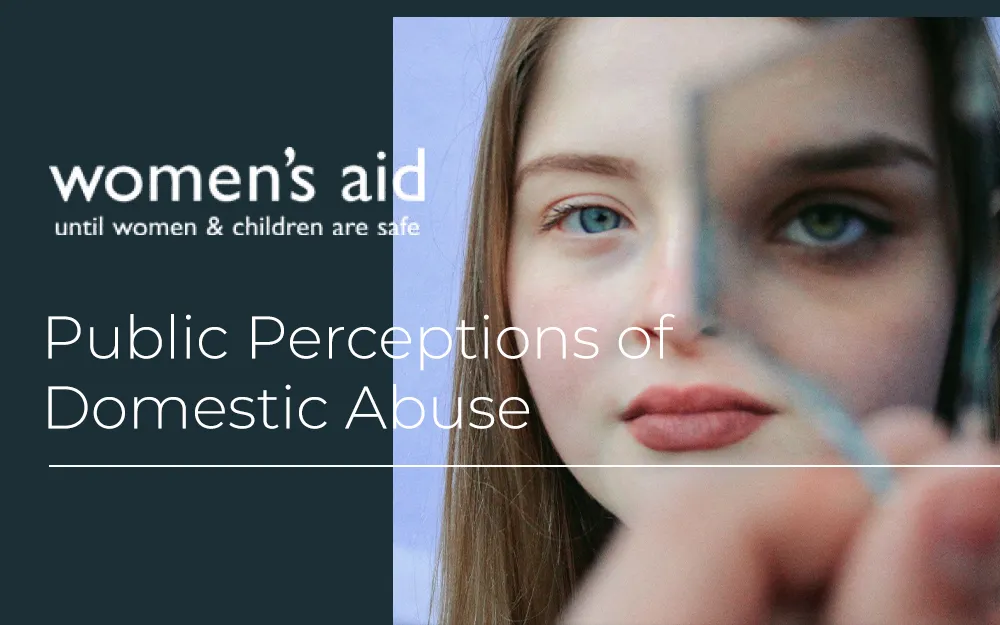
Women’s Aid recently published a report which looked at public perceptions of domestic abuse and the different forms that it takes. The findings were interesting and showed that there are a range of attitudes as to what people deem acceptable or unacceptable in a relationship.
Whilst progress is being made, the report indicates that more work needs to be done to continue to raise awareness of domestic abuse.
The Report
The report surveyed just over 2,000 UK adults aged 16+, using polling company YouGov, with a near equal split of men and women.
It aimed to find out what people knew about domestic abuse, as well as seeing which scenarios they thought constituted domestic abuse and if there were any mitigations that made the perpetrator’s behaviour acceptable.
Speaking about the report and its findings, Farah Nazeer, Chief Executive of Women’s Aid, said:
“This research shows many people are aware of domestic abuse and the harm it causes, but also illustrates how societal sexism and victim blaming enables and excuses domestic abuse. Shockingly, however, many adults do not view societal views as harmful in this way.”
Findings
Of all those surveyed, over 80% believed that domestic abuse was either “very common” or “fairly common” in the UK – indicating that the public generally recognise that domestic abuse is prevalent in the UK.
Despite this, 76% of people believed that it was “not very likely” or “not at all likely” that they would personally experience domestic abuse in their lifetime, although 41% felt that someone they knew would be “very likely” or “likely” to experience it.
Those surveyed were prepared to downplay incidents if the perpetrator apologised or if there was an excuse for their behaviour. There was a 15% drop (from 81% to 66%) in those who thought the husband was really wrong to slap his wife when he later apologised.
Over a third of respondents also thought that domestic abuse was the result of “bad people” rather than a reflection of sexism or societal inequality.
Some forms of coercive control divided opinion, with less than half of those surveyed deeming a man controlling his partner’s outfit as extremely wrong, whilst they were less likely to see verbal abuse as harmful compared to other forms of abuse.
Raising Awareness of Domestic Abuse
The findings are sadly not surprising and show how important it is to keep raising awareness of domestic abuse and the forms it takes. Aspects of coercive control continue to be misunderstood, especially the micro-management of day-to-day life by perpetrators, whether that is deciding what clothes someone wears, controlling what they do, as well as constant put-downs and name calling.
It’s recognised that domestic abuse is prevalent in our society, but many people do not believe that it will happen to them. We all have a role to play when it comes to domestic abuse though, and it starts with understanding it and how it impacts people. By increasing public knowledge of domestic abuse, it challenges the long-held misconceptions around domestic abuse and helps to get to the root of the problem.
Leeway offers training for organisations and businesses, raising awareness of domestic abuse and the forms it takes. Our training helps participants to spot the signs of domestic abuse and effectively respond to any disclosures. We also offer bespoke packages, as well as advice on domestic abuse policy and procedures for organisations. Visit our training page for more information.